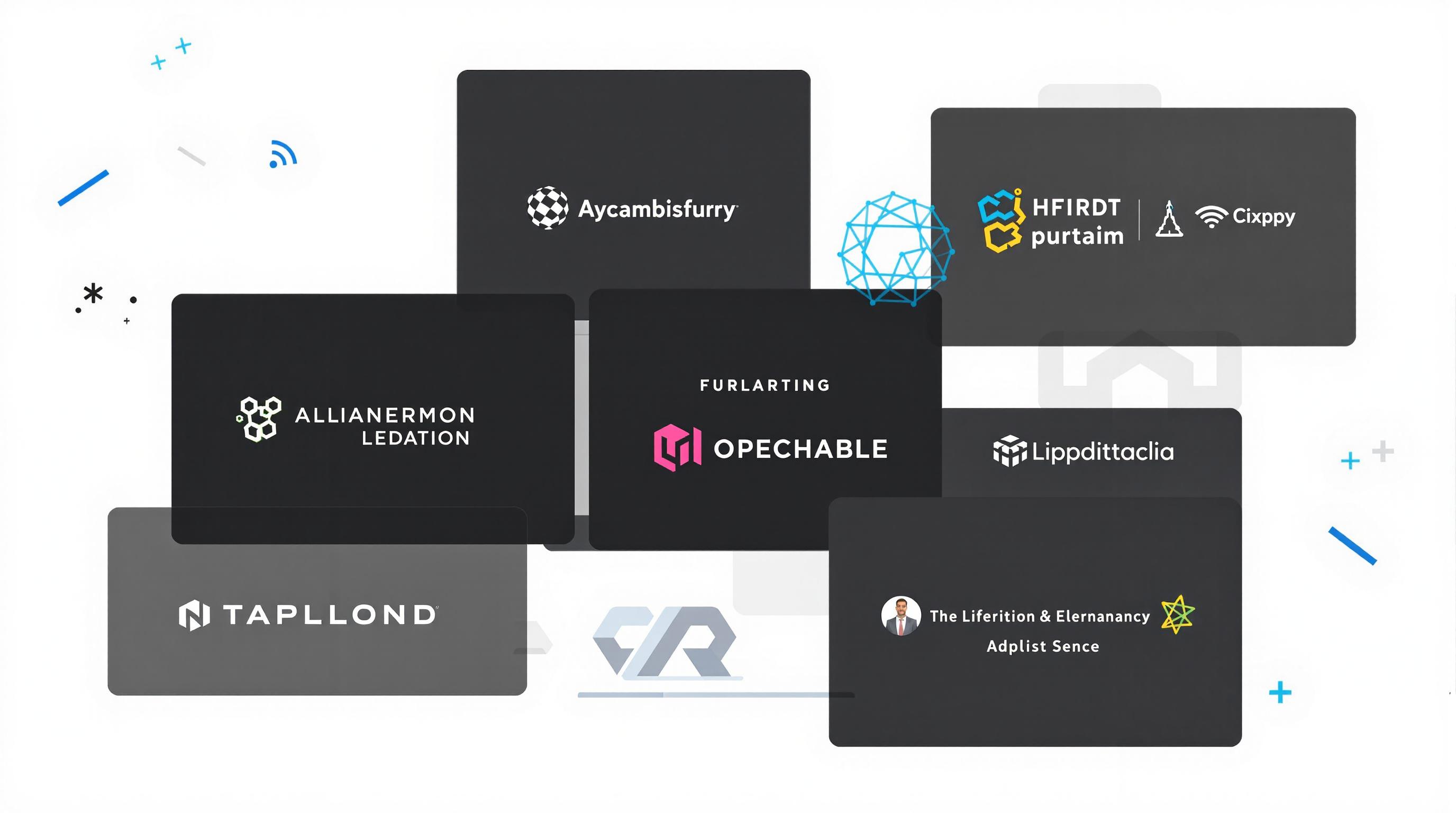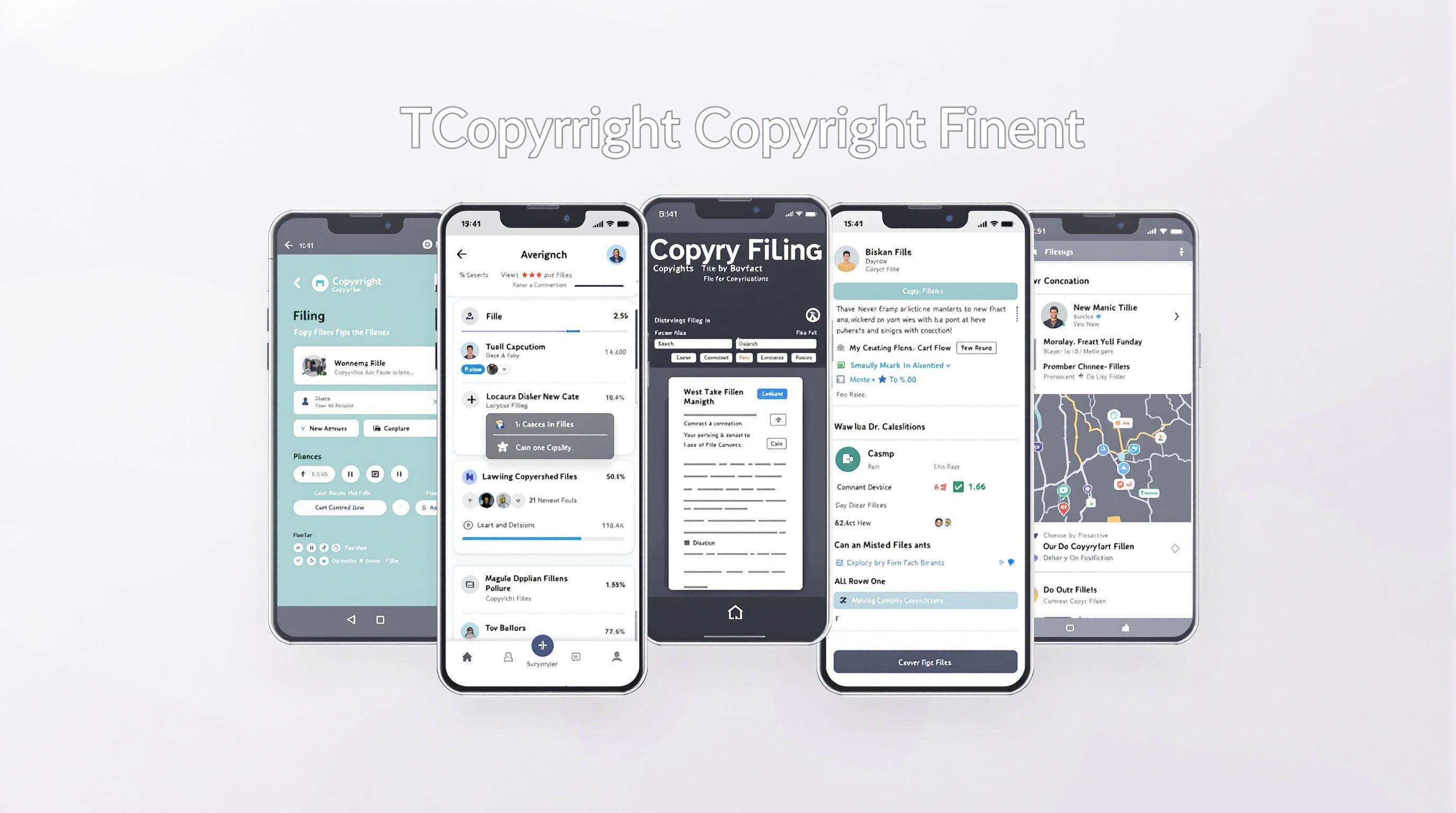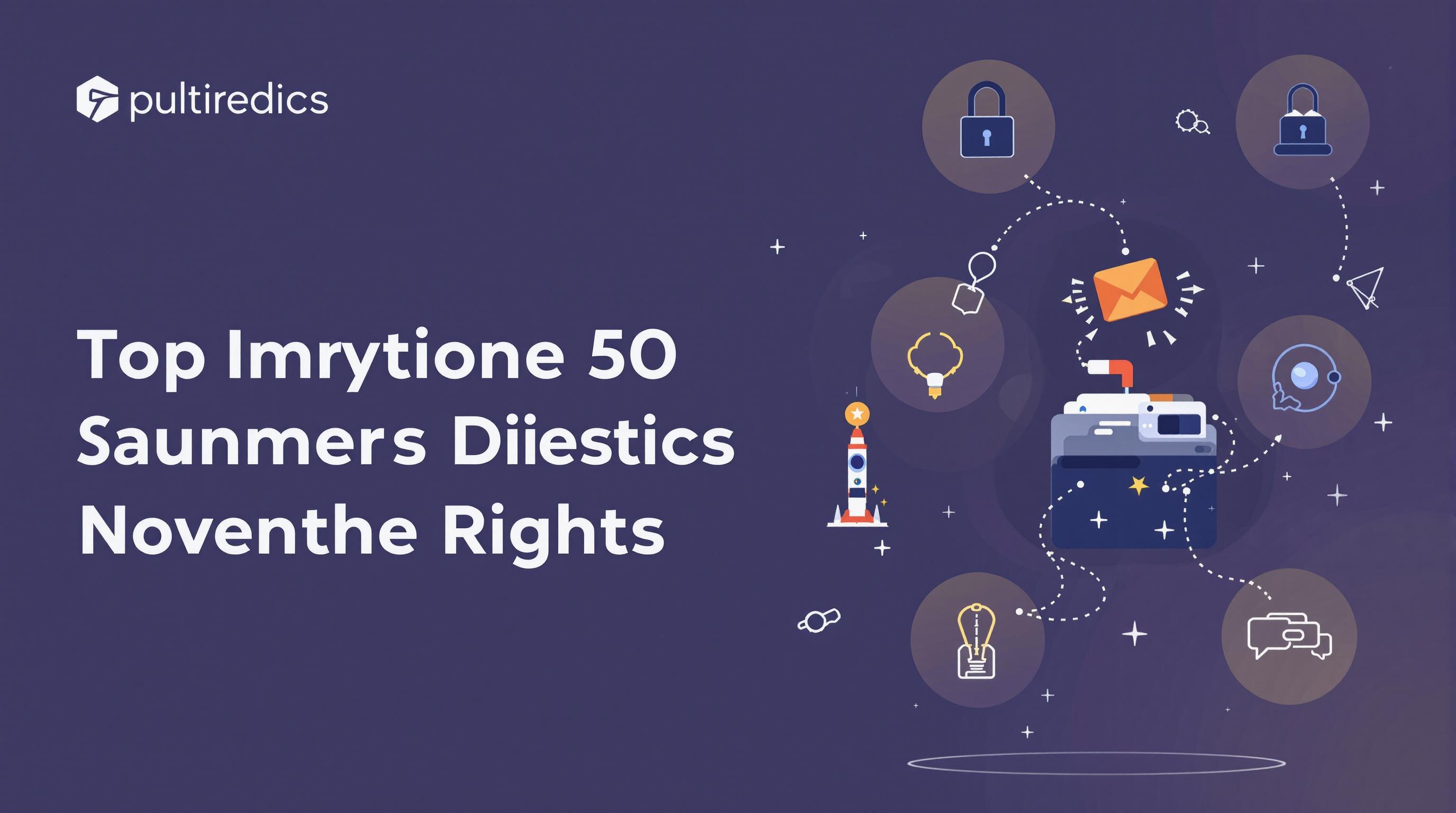Related Articles
- Top 5 Game-Changing Copyright Management Apps from 2019 to 2024 for Modern Creators
- Top 5 Game-Changing Copyright Management Apps Released Since 2019 for Fast, Foolproof Filings
- How Traditional Storytelling Shapes Community Healing in Conflict Settlement Practices Worldwide
- The Role of Ancient Storytelling Traditions in Shaping Modern Conflict Settlement Practices
- The Quiet Shift: How Climate Change Is Secretly Reshaping Liability Standards in Insurance Policies
- The Unseen Impact of Climate Change on Rural Insurance Mandates and Local Risk Assessments
Top 8 Next-Gen Platforms Launched Since 2019 for Safeguarding Intellectual Property Rights Reviewed
Top 8 Next-Gen Platforms Launched Since 2019 for Safeguarding Intellectual Property Rights Reviewed
Top 8 Next-Gen Platforms Launched Since 2019 for Safeguarding Intellectual Property Rights Reviewed
1. IPwe
Overview: Launched in 2019, IPwe is an AI-driven global patent marketplace aimed at revolutionizing how intellectual property (IP) is managed and transacted. By leveraging blockchain technology combined with artificial intelligence, IPwe provides a transparent and efficient platform for patent owners and buyers to connect worldwide.
Key Features: The platform uses AI to assess patent value, predict litigation outcomes, and optimize patent portfolios. Its blockchain ledger ensures immutable tracking of patent ownership transfers, reducing fraud and enhancing trust among stakeholders.
Impact: IPwe is increasingly recognized for bringing clarity and liquidity to the traditionally opaque IP market. As noted by a 2021 Forbes report, the platform’s patented AI valuation models are helping to democratize access to patent investments, making IP rights more accessible for businesses of all sizes.
2. Tynax
Overview: Founded earlier but substantially revamped with next-gen features after 2019, Tynax is a leading IP marketplace platform that facilitates buying, selling, and licensing patents and technologies worldwide. It bridges the gap between inventors, companies, and investors seeking new innovations and protection.
Key Features: Tynax enhanced its search algorithms and implemented enhanced data analytics to enable precise matching of IP assets to industry needs. It also integrated secure transaction processing and end-to-end deal management capabilities.
Impact: The platform’s modernization has spurred increased IP commercialization by simplifying the complex transactional process. TechCrunch highlighted Tynax in 2022 for its role in allowing startups and innovators to monetize IP assets efficiently.
3. Lighthouse IP
Overview: Launched in 2020, Lighthouse IP is specialized software designed to assist legal teams and corporations in monitoring and protecting their IP portfolios. The platform utilizes machine learning to identify potential IP infringements and automate rights management workflows.
Key Features: Lighthouse IP offers real-time infringement detection, automated alerts, and comprehensive portfolio analytics. Its user-friendly dashboard provides holistic insights into IP health and risk exposure.
Impact: Many multinational companies report enhanced proactive measures to defend patents and trademarks, reducing litigation risks. Courtesy of an IP Watchdog review in 2021, Lighthouse IP is praised for integrating technology seamlessly into IP enforcement strategies.
4. Darts-ip
Overview: Founded prior to 2019 but significant next-gen feature expansions have been introduced since then, Darts-ip is a legal analytics platform that provides comprehensive data on litigation, arbitration, and IP enforcement cases globally.
Key Features: The platform offers AI-powered case law search, analytical dashboards, and predictive analytics about litigation outcomes. These tools help IP owners and legal counsel make informed strategic decisions regarding IP rights enforcement.
Impact: Darts-ip’s data has become indispensable for law firms and corporations engaged in IP litigation, as documented in a 2022 report by Managing IP. Their insights facilitate risk assessment and cost management in legal battles over IP rights.
5. Amplified IT
Overview: Amplified IT, emerging around 2019, specializes in enterprise-grade IP management solutions with cloud-based functionality. The platform is designed to integrate with existing corporate systems for seamless IP lifecycle management.
Key Features: It offers modules for docketing, portfolio analytics, patent prosecution tracking, and automated compliance checks. The platform also supports collaboration across legal, R&D, and business units.
Impact: Enterprises using Amplified IT report significant time savings and improved accuracy in managing patent and trademark data. According to a 2023 review by IAM Magazine, Amplified IT’s modular design allows tailored IP solutions that adapt as business needs evolve.
6. PatSnap
Overview: PatSnap launched major platform upgrades post-2019 aimed at AI-driven IP intelligence. It provides end-to-end intellectual property analytics, from patent landscaping to competitor benchmarking.
Key Features: The platform uses natural language processing and machine learning to extract actionable insights from patent databases, scientific literature, and market data. It also offers integration with R&D and innovation management tools.
Impact: PatSnap has empowered innovators and IP strategists to identify white spaces and potential infringement threats early. The platform’s growing adoption by top-tier corporations and universities was highlighted in Nature’s 2022 technology review.
7. Ambercite
Overview: Ambercite, enhanced since 2019, focuses on unique patent search technology rooted in citation networks and similarity mapping. It helps IP professionals uncover relevant but non-obvious prior art and infringement risks.
Key Features: The platform’s proprietary algorithms analyze citation patterns and technological relationships to provide deep patent intelligence. It offers visualizations that simplify patent landscape and freedom-to-operate analyses.
Impact: Ambercite is valued for reducing missed patents during clearance searches. A 2022 IAM article commended its citation-driven approach as complementary to traditional keyword searches, boosting due diligence accuracy.
8. Boardroom
Overview: Introduced in early 2021, Boardroom is a blockchain-based IP rights management platform that streamlines ownership proof and royalty distribution. It targets content creators and patent holders seeking transparent licensing arrangements.
Key Features: Boardroom leverages smart contracts to automate licensing agreements and payments. Its decentralized ledger ensures immutable proof-of-ownership and reduces dependency on intermediaries.
Impact: The platform offers increased trust and efficiency in IP monetization, particularly in creative industries. As reported by CoinDesk in 2021, Boardroom is part of an emerging wave of blockchain innovations reshaping IP ecosystems.
9. OneIP
Overview: OneIP, relaunched with next-gen capabilities since 2019, is a SaaS platform focused on comprehensive IP portfolio management for law firms and corporations. It integrates docketing, document management, and analytics in a unified workspace.
Key Features: The system enables automated deadline tracking, customized reporting, and secure collaboration. AI components assist in anomaly detection and risk spotting within IP data.
Impact: Many users praise OneIP for improving operational efficiency and reducing human error. Legal tech analysts in 2023 indicate its increasingly important role in digital IP management workflows.
10. Klarity
Overview: Klarity, a relatively new platform launched post-2019, applies AI and natural language processing to IP contract review and compliance. It is designed to accelerate legal review processes and minimize oversight errors in licensing agreements.
Key Features: Klarity automates clause extraction, detects risky terms, and ensures contractual alignment with IP policies. It integrates with commonly used document management systems for ease of adoption.
Impact: Klarity is hailed for enabling faster deal cycles and reducing costly legal risks. According to a 2023 Law Technology Today article, such AI-driven contract analytics represent the future of IP rights administration.




